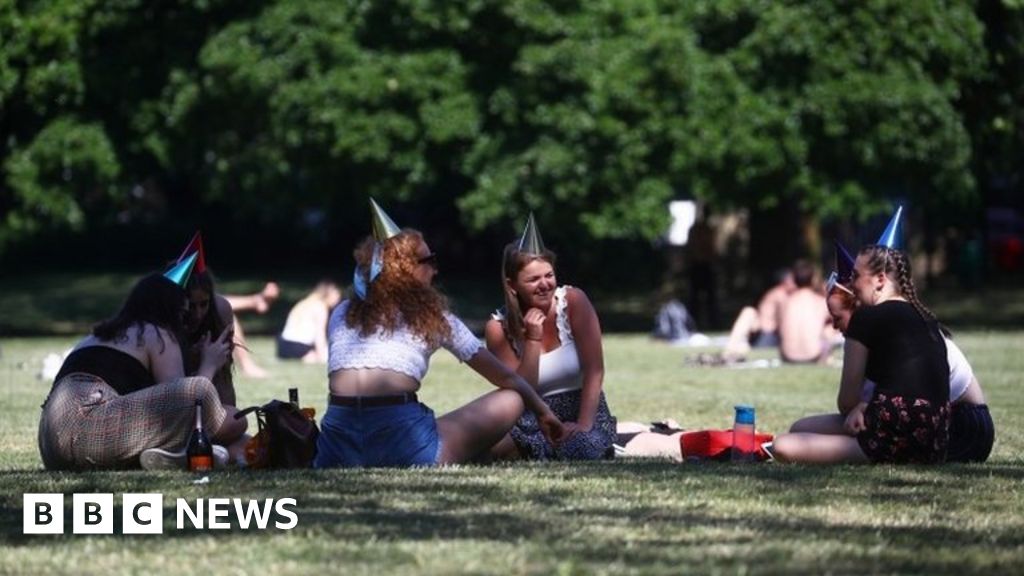Apart from the R value, you also have to look at the K value, which is the variation in the number of people infected by one person with COVID-19.
Anyone who has done statistics will know this as the Standard Deviation.
To give a few examples:-
- If four people with COVID-19 each infect 5 other people, there are 20 infections, R = 5 and K = 0.
- If another 4 people infect 2, 4 6 and 8 people respectively, there are still 20 infections, R = 5 and K = 2.24
- If another 4 people infect 1,1,0 and 18 people respectively, there are still 20 infections, R = 5 and K = 7.52
The higher K is in relation to R, and particularly if K is higher than R, that suggests that there are a few "superspeaders" about.
So when look at the statistics, you have to examine them carefully and look at a whole range of data to get a complete picture, which can then influence policy decisions. (ie the R value for the North West may be higher than London, but is the K value in the North West lower than London, and what is the confidence interval for both the R value and the K value in both those regions?)
I think the key to lifting the lockdown successfully is having test, track and trace running successfully. I used to work in software testing, and I can understand the issues involved in getting the app rolled out on a nationwide basis. However, my experience suggests to me that it is better to delay the release of the app so that it is working properly, rather than release it early but with bugs and errors which lead to a lack of confidence in it.
I also think that having rapid access to testing, and rapid access to the results is another means by which we can learn to live with COVID-19 without having a second lockdown.


